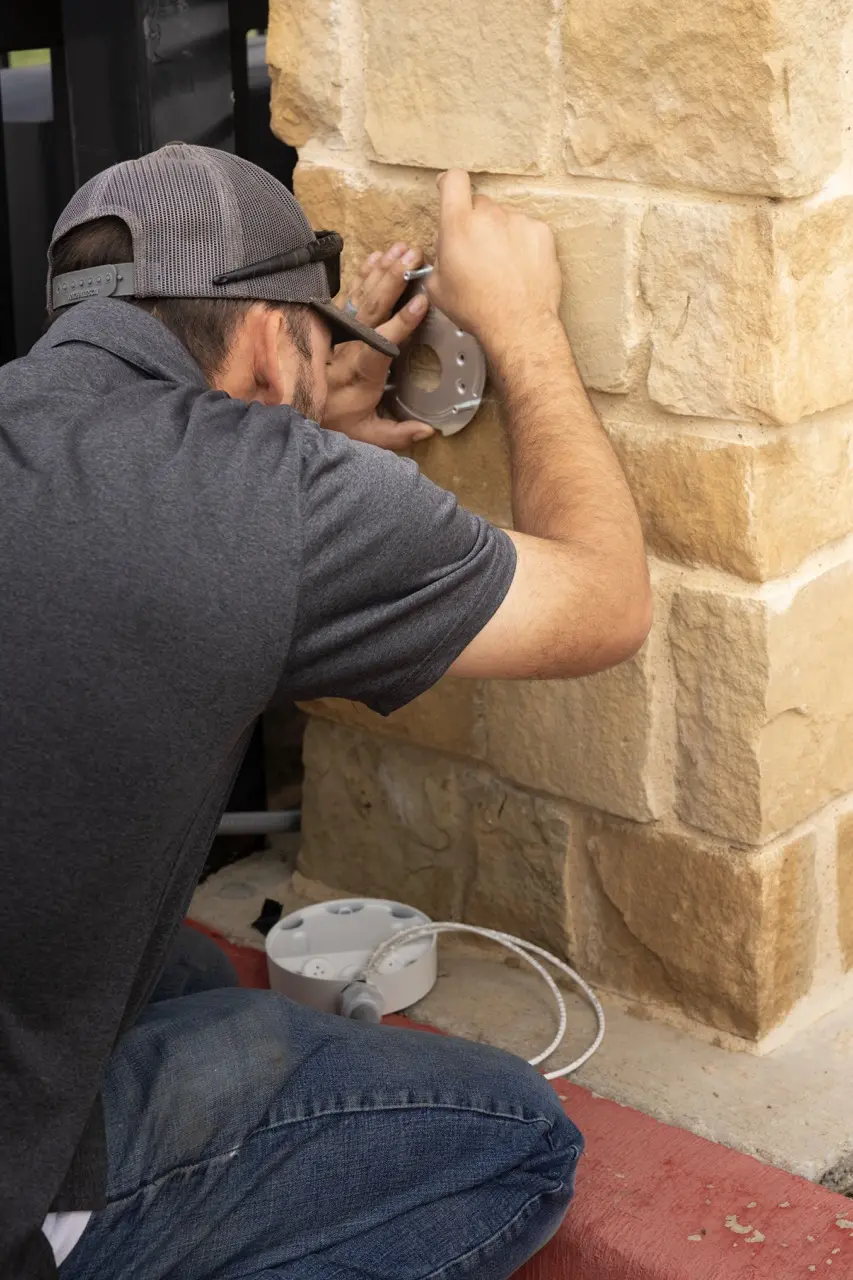Ensuring the safety and security of your home is a top priority for every homeowner. With various options and technologies available, it can seem overwhelming to decide where to start. In this blog, we’ll explore the fundamental aspects of residential security, providing tips and insights to help you protect your home effectively.
Understanding the Importance of Home Security
Before diving into security measures, it’s important to understand why home security is crucial. It not only protects your belongings but also ensures the safety of your family. Feeling secure in your own home brings peace of mind and enhances your overall well-being.
The mere presence of a solid security system can act as a deterrent to potential intruders. When burglars see visible signs of home security—like cameras or alarm systems—they’re more likely to move on to an easier target. Beyond this, a reliable home security system can also play a vital role in safeguarding against other dangers such as fires or carbon monoxide leaks. By having robust measures in place, homeowners not only secure their property but also proactively protect their loved ones from unforeseen hazards.
Assessing Vulnerable Areas in Your Home
Identifying the weak points in your home is the first step towards improving security. Common vulnerable areas include doors, windows, and the property’s perimeter. Conducting a thorough inspection can help you determine which areas need immediate attention.
Start by evaluating the main entry points, such as front and back doors, which are frequent targets for burglars. Check for signs of wear and tear, and consider whether the existing locks are up to modern security standards. Similarly, windows—particularly those on the ground floor—should be assessed for sturdiness. Look for opportunities to fortify these using additional locking mechanisms or installing window bars. Moreover, don’t forget about garage doors and sheds, which are often overlooked yet can provide an easy access point for intruders.
Beyond entry points, consider the landscape surrounding your home. Overgrown bushes and trees can offer concealment for those looking to gain unauthorized access to your home. Maintaining a clear line of sight to all entryways and keeping your yard meticulously managed can significantly reduce the risk. Conscientiously assessing your home’s exterior will give you peace of mind knowing you’ve taken proactive steps toward reducing vulnerabilities.
Securing Entry Points: Doors and Windows
Doors and windows are often the first targets for intruders. Reinforcing them with quality locks, deadbolts, and security bars can deter unauthorized access. Additionally, consider installing shatter-resistant films on windows for added protection.
Upgrading locks to modern, more secure versions is a simple yet effective measure. Smart locks that integrate with your home security system can offer additional convenience and control, allowing remote access and instant alerts if someone attempts to tamper with them. It may also be worth considering solid-core or metal doors in lieu of hollow variations, as these offer greater resistance to forced entry.
Windows, being a common entry point, deserve particular attention. Installing window sensors as part of a broader security system can alert homeowners to any unauthorized access. Moreover, using window pins or bolts can prevent windows from being easily opened from the outside, even if the glass is broken. These additional layers of security not only deter potential intruders but can also increase the time it takes for them to breach, providing you with critical moments to respond.
Leveraging Technology: Smart Security Systems
Smart home security systems provide real-time monitoring and alerts, offering an advanced layer of protection. Installing smart cameras, alarms, and motion detectors allows homeowners to keep an eye on their property remotely and respond quickly to any threats.
With the advent of smart cameras, you can easily monitor every corner of your property from the convenience of your smartphone. These devices are equipped with motion sensors, night vision, and even facial recognition to better identify potential security breaches. By setting up alerts, you can be notified of unusual activity around your home instantly, giving you a much-needed edge in ensuring your household remains safe.
Beyond surveillance, smart locks and integrated alarm systems can take your home security to another level. Many modern systems are designed to work seamlessly, providing a centralized way to control doors, lights, and alarms from anywhere across the world. This technological synergy allows homeowners to enjoy comprehensive security while maintaining convenience in managing home access and safety measures.
The Role of Lighting in Home Security
Strategic use of lighting can significantly enhance your home’s security. Well-lit exteriors make it difficult for intruders to approach unnoticed. Consider installing motion-sensor lights around key entry points and dark corners.
Installing motion-sensor lighting near access points such as doors and windows can deter criminals by eliminating the cover of darkness they often rely on. These lights are triggered by movement, which not only surprises potential intruders but can also alert you or your neighbors to suspicious activity. Pathway lighting, solar lights, and even landscape lighting should be positioned strategically to keep the entirety of your home and yard visible at night.
Beyond just deterrence, efficient use of lighting can also improve welcoming vibes and overall ambiance. It’s important to strike a balance between security and aesthetics. Choosing appropriately styled lighting fixtures can boost your home’s curb appeal while providing the necessary security.
Community Involvement and Watch Programs
A strong sense of community can greatly contribute to residential security. Neighborhood watch programs encourage vigilance and foster a safe environment where neighbors look out for one another. Being active in your community can help deter crime effectively.
The benefits of community involvement extend beyond immediate security concerns. Establishing a sense of community creates a network of trust and communication, which can be crucial in times of crisis or emergency. Participating in local meetings or community events enhances mutual relationships and fosters a collective responsibility towards safeguarding the neighborhood.
Forming or joining a neighborhood watch program is a proactive approach to home security. Aside from deterring potential criminals, these programs also offer residents educational workshops on various safety topics and organize initiatives such as street clean-ups and regular patrols. Becoming engaged with your community not only fortifies your home security but also enriches your quality of life.
Creating a Safe Haven
Securing your home doesn’t have to be complicated or overwhelming. By taking these steps, you can greatly enhance the safety of your home and ensure peace of mind. Remember, the key to effective home security is a combination of physical barriers, smart technology, and neighborhood awareness. With the right approach, you can create a secure and comfortable environment for you and your family.
At LS3 (Lubbock Sight, Sound & Security), we specialize in tailored security solutions that protect what matters most. From cameras and access control to full smart home integration, we’re here to help you feel safe — and stay safe. Reach out today for a free consultation or on-site assessment.





